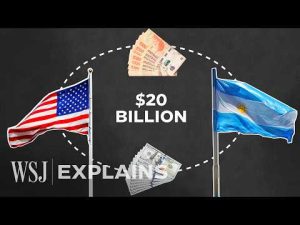In today’s shifting political landscape, one cannot help but notice an unsettling trend: the rise of hostility against conservative figures. A sense of godlessness seems to permeate this environment, where fundamental values are overlooked. Recent incidents underscore a troubling narrative, highlighting the dangers faced by figures aligned with Republican ideals. One notable incident is the assassination of MAGA influencer Charlie Kirk, which underscores the severity of the ideological divide, with the lack of faith often seen as a driving factor behind such aggression.
The violent episodes like the killing of Kirk serve as an alarming reminder of the current climate’s volatility. His assassination illustrates the physical threats conservative figures encounter, driven by deep-seated ideological differences. While these dangerous acts reflect an alarming reality, they also bring into question the broader consequences of an increasingly polarized society.
At the heart of this divide is a stark contrast in values, particularly in matters of faith. Many conservatives find solace in religious beliefs, which provide guidance and strength in turbulent times. The loss of faith on the left, however, fuels an antagonistic stance. This absence of a moral compass, according to some, contributes to the chaos and hostility manifested in today’s political climate. Faith, or the lack thereof, plays a crucial role in defining individual actions and the direction of broader societal trends.
In personal reflections and conversations, many conservatives find that being steeped in faith offers a crucial sense of grounding. In moments of personal and political adversity, discussions on spiritual beliefs become especially relevant, offering a beacon of hope. The value of religious practices becomes apparent as a source of comfort and stability amidst a tumultuous political landscape. Meanwhile, the disconnect from these principles by many on the left fosters a deeper chasm, often resulting in negative consequences.
The ongoing societal shift reveals a critical need for dialogue and understanding, particularly concerning foundational beliefs. While the divide continues to widen, the emphasis on faith and moral clarity offers a path forward. It serves as a reminder that underlying values significantly influence actions, shaping the future of political discourse and societal cohesion. The discussion surrounding godlessness and its implications is pivotal in addressing the current climate’s challenges, highlighting the importance of a principled approach in bridging ideological gaps.







